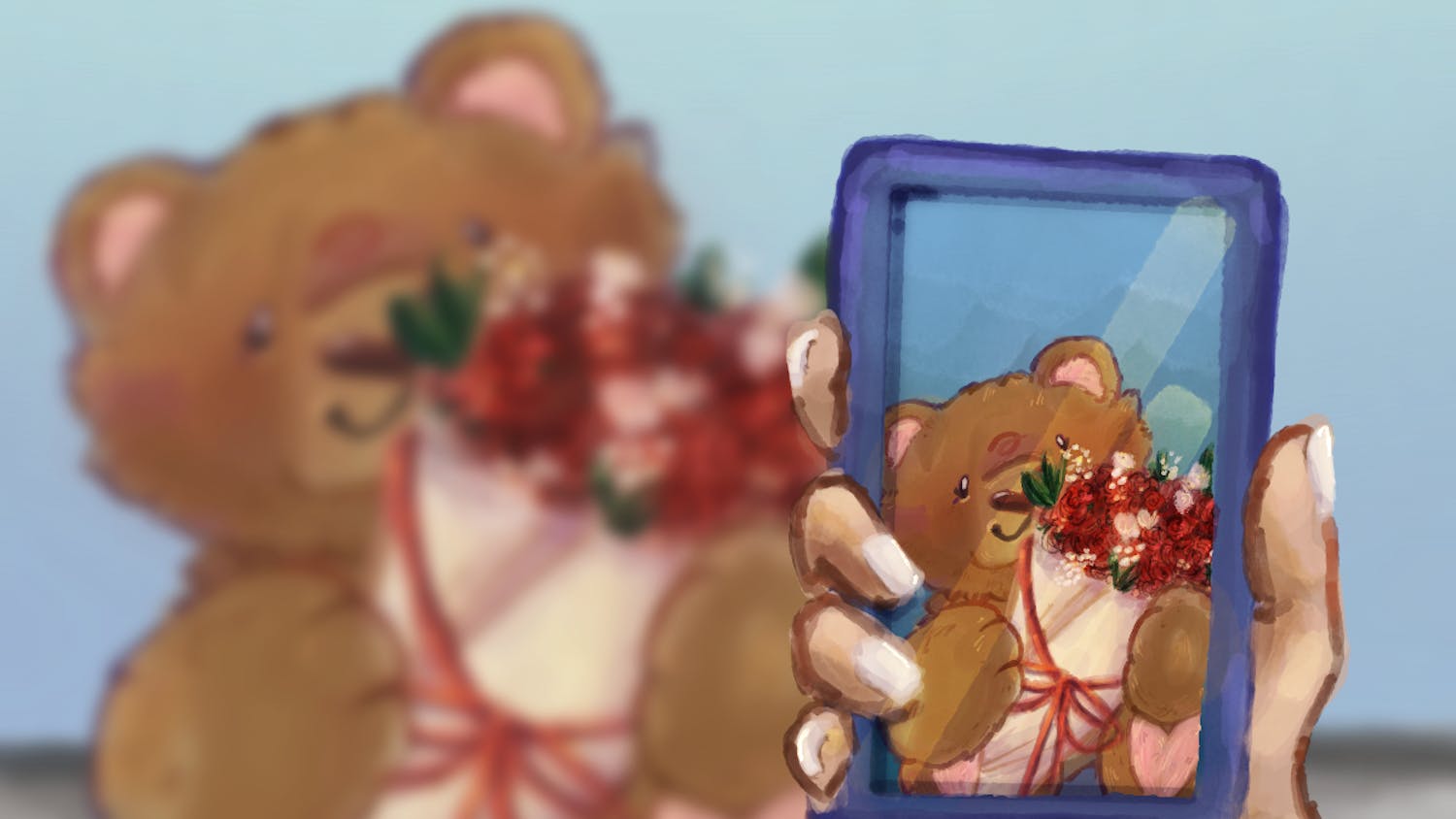Facebook is essentially about two fundamental things: jealousy and exhibition.
Think about it, the only reason any of us posts anything on Facebook is because we want everyone else to see it. We upload a status about our recent internship because we want the recognition and “likes.”
We post Spring Break photos with the caption “be jealous” because we want our friends to, well, be jealous.
We tag our friends at Midtown with us because we want to prove we’re not alone on a Friday night.
We exhibit our lifestyles and expect envious commentary.
While Facebook is, indeed, a great way to connect with friends and loved ones, there is a problem when you develop your sense of self-worth from the number of likes a status receives.
There’s a problem when you start taking pride in the fact that you got 40-plus likes on a mobile upload. There’s a problem when the ease with which you support a campaign is second only to the ignorance with which you click “like.”
According to an NPR article, researchers at the University of Waterloo recently published a study in psychological science, which determined that “people with low self-esteem posted far more negative updates than those with high self-esteem.”
Certainly, we all have those friends who broadcast their problems to the world or even those who post the cheerful highlights of their day. We all have Facebook friends who fit into crisp categories such as the following: the Bible-quoter, the dejected pessimists, the politically active, the song quoters, the arrogant, the self-picture-takers, the ambitious ones, the inspirational quoters, the social movement supporters.
It’s this last category that particularly troubles me. Especially recently, the rise of social media as a medium of political activism is founded upon — like most everything else on Facebook — a basis of envy and exhibition.
The exhibitionist environment of social media provides a forum by which people can express concern about a foreign genocide or even a local shooting with the mere click of the mouse.
Does merely clicking “share” on the Kony 2012 video change anything? Does expressing outrage at Susan G. Komen for the Cure’s decision to defund Planned Parenthood change anything? Does uproar over the shooting of Trayvon Martin change anything?
Or are these actions merely a way to polish our online alter egos?
Indeed, the newest symbols of social currency are becoming hashtags, “at” signs, followers and a mini thumbs up. Users get recognized for their activist posts, and this instant gratification is the shot of dopamine to the reward center of the brain that tells them they’ve “done their part.”
They got all the accolades of acknowledgment and commentary without any of the work that went into actually doing anything. No longer is life about doing something, it’s about being someone.
But here I am being all cynical again. I mean, Susan G. Komen for the Cure did change its policy. The Trayvon Martin shooting is now being investigated.
Maybe Joseph Kony will be brought to justice because of this awareness campaign. Who knows?
However, we must walk the fine line between accelerating awareness and perfecting persona.
I do know one thing, though. When I post this column to Facebook, all of my friends better like it.
Garrett Bruno is a political science sophomore at UF. His column appears on Thursdays.





